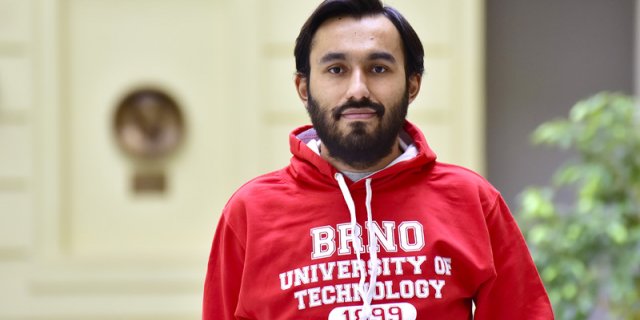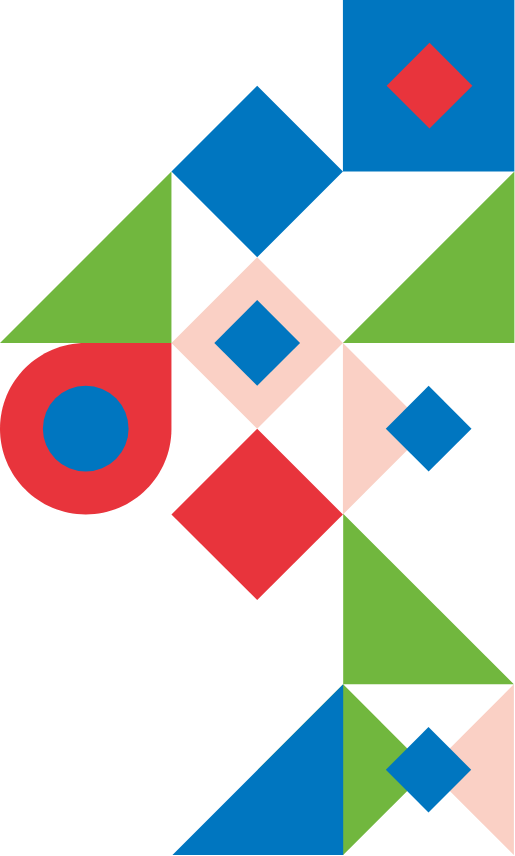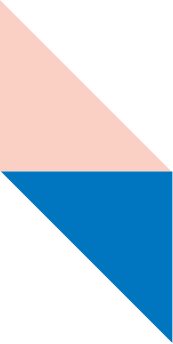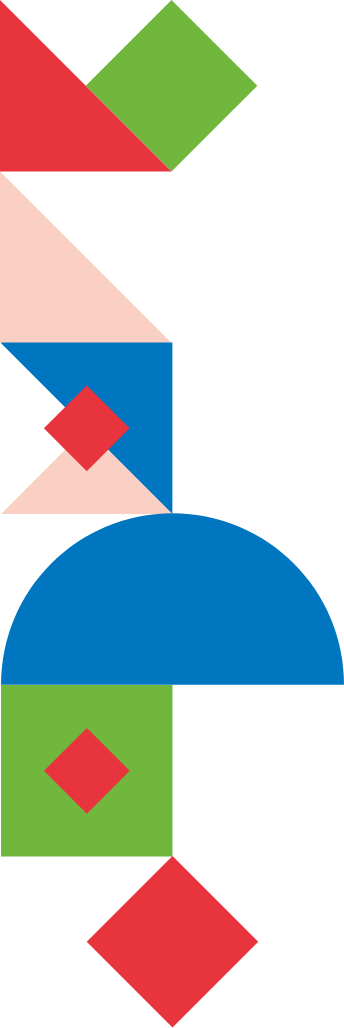Applied and Interdisciplinary Mathematics

deadline
The follow-up master's degree programme Applied and Interdisciplinary Mathematics aims to equip graduates with knowledge of advanced mathematical disciplines with a focus on their applications in various fields, but especially in fields of a technical nature. Emphasis is placed on the use of modern computer technology in solving problems using effective methods of applied mathematics, so the programme includes the necessary subjects in the field of informatics. Thanks to the international dimension of the study, the graduates will acquire knowledge of the English language at such a level that they will be able to apply themselves without problems even in companies where English is commonly spoken.
Students of the master's programme will significantly deepen and expand the knowledge they have acquired by completing a bachelor's degree programme in mathematics and technology. They will also develop their ability to be creative and solve complex problems of a mathematical nature. If they do not want to start their internship after graduation, but prefer to continue their studies, they can enter, for example, the doctoral study programme Applied Mathematics, which has a long tradition at the Institute of Mathematics, FME. Of course, they can also continue their doctoral studies at another BUT department or at another university in the Czech Republic or abroad.

Graduate profile:
Graduates of the programme will be equipped with quality knowledge of advanced mathematics focused on their use in solving various problems, especially problems of technical practice. They will have a good overview of methods based on mathematical and numerical analysis, including differential equations, algebra, discrete mathematics, linear and differential geometry, probability and statistics, etc. They will also gain in-depth knowledge of modern computer science, so they become theoretically well-equipped experts who they will be able to successfully solve various, especially engineering problems of mathematical nature with the effective use of computer technology. They will have a good command of the English language and will be prepared for high-level development and innovation activities and research activities in various technical and other fields. They will gain the ability to create mathematical models of the studied processes and use their analysis to solve problems. They will be able to work independently with relevant professional literature and apply the acquired knowledge to solve specific problems. They will have no problem designing or assessing a creative project, engaging in teamwork or presenting their results to the professional community.
The acquired education will provide graduates with easy employment in the labour market. Thanks to good knowledge of applied mathematics and computer science, there will be great interest in them in a wide range of fields. They find easy application especially in management positions in development teams of various engineering professions (mechanical engineering, electrical engineering, electronics, aerospace industry, etc.) and in software companies. The big advantage will be their good orientation in the latest computer technologies and the ability of analytical thinking. Their broad mathematical education will enable them to apply not only in industrial practice, but also in many other areas, such as banking, public administration, business, etc. They will also apply in basic and especially applied research, they will also be well prepared for subsequent doctoral studies.
Professional knowledge:
The graduate demonstrates a broad and deep knowledge of mathematical disciplines that correspond to the current state of knowledge. It also demonstrates an understanding and possibilities of using applied mathematics not only in related technical fields. They will master key concepts, results and procedures in key areas of mathematics, such as modern methods for solving differential equations, analysis and design of control systems, control theory, functional analysis, dynamical systems, complex analysis, stochastic processes, discrete and continuous mechanics, financial mathematics , fuzzy sets and their applications, graph theory and their applications, mathematical methods in flow theory, control theory, Fourier analysis, mathematical logic, mathematical structures and more. They will gain quality knowledge of computer science and the use of computers to solve problems of a mathematical nature. Due to the fact that the teaching takes place in English, the graduate will also acquire decent language skills.
Professional skills:
The graduate will be able to independently apply the acquired knowledge to solve problems of mathematical nature in various fields, especially in the field of engineering practice. They will have an overview of the important connections between the various branches of mathematics and will be able to apply these connections effectively and creatively. They will have no problem formulating and mathematically analysing more complex tasks in the field of natural, technical and other sciences, as well as presenting his knowledge to the professional community. They will be able to create mathematical models of the studied phenomena and use them to solve given problems. To do this, he will be able to effectively use modern computer technology. They will be able to work with professional literature, analyse the acquired knowledge and use it in their own creative activities.
General competences:
The graduate will be able to make independent and responsible decisions about various problem-solving procedures, will be able to manage a work team, coordinate its activities and take responsibility for its results. They will be able to formulate the assigned problems in a comprehensible way and propose effective solutions. Due to their language skills, they will have no problem cooperating with experts from abroad. They will be ready to continue their education by self-study, in the form of participation in professional lectures, seminars and conferences, where they will be ready to present their results. They will also increase their professional competence by gaining new practical experience.
Admission requirements:
First step
Choose your study programme
Check out the list of study programmes offered in English and make your pick.
Study programmes
Second step
Check the admission procedure
Admission procedure varies according to individual programmes and faculties. Please check their website for more information. Please, note that most applications will be open on January 1.
Faculty of Mechanical Engineering
Masters studies
Required documents:
- the certified translation of the bachelor diploma with the diploma supplement
- the English language competence at level B1 or higher (according to the Common European Framework of Reference for Languages)
- the request for assessment of foreign education
Third step
Submit the electronic application
After choosing your programme, apply for studying at BUT using the electronic application.
Please be sure that you know how the entrance exams will be and how much is the tuition fee.
Electronic application
Fourth step
Pass the entrance exam.
The admission conditions are published on the Faculties websites. If you have any questions, please contact the Study Department of the Faculties.
Fifth step
Apply for your residence permit or visa
Since you’re coming from abroad to live in the Czech Republic, you will need documents that permit you to stay for a longer period of time. See how to apply for a visa or a residence permit.
Sixth step
Validate your previous education
Before enrolling, you need to provide a validated secondary school diploma or a verified diploma from previous university studies. See how to validate your previous education.
Seventh step
You’re a BUT student!
After the documents are processed, you will receive a Letter of Acceptance and information about the first payment for your studies. Now it’s time to get ready for your semester in Brno.
TIP: Check our Practical guide on how to live in Brno
Student Ambassador
 Fabian Alexis Aranguren Campos
Fabian Alexis Aranguren Campos

Other study programmes

deadline
(academic year)

deadline
(academic year)

deadline
(academic year)




